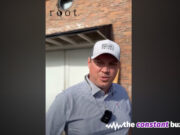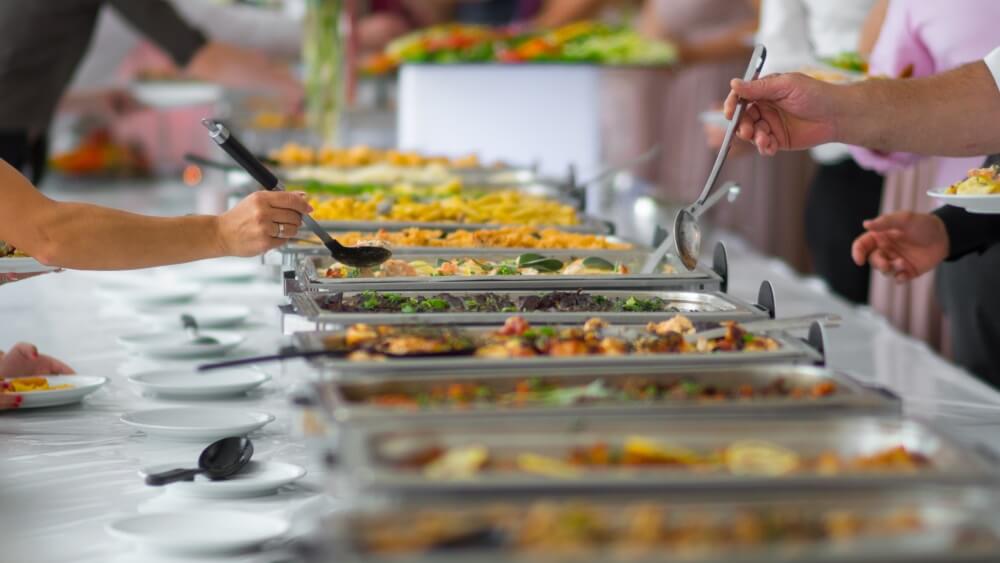The US contract catering market is expected to reach $63 billion by 2023, with a compound annual growth rate of more than 4%, according to a recent industry report. An emphasis on innovation and variety will drive the growth, with particular focus on meeting the ever-changing needs of consumers.
These days, catering is more than just carting a bunch of food to an office or event and setting up a buffet. In order to stay competitive, catering businesses must offer a fully customizable dining experience to meet the needs of a diverse consumer market. A variety of fresh ingredients and compelling dishes is required to meet the needs of an increasingly sophisticated consumer palate.
The main driver for US catering operations is the need for high quality, accessible food in the workplace. Consumer tastes in this industry are extremely dynamic, and the emergence of a more individualistic approach to eating and increased dietary restrictions (i.e. gluten, dairy) has put pressure on catering companies to meet those needs. The rising popularity of healthy eating (including veganism and vegetarianism) and use of locally-grown, organic foods has also put pressure on caterers to incorporate these options into their menus.
Technology is another driver for growth. As advancements in technology emerge, catering businesses feel the pressure to utilize those advancements, using devices such as smartphones and RFID tags to shorten wait times, provide additional information, and customize orders.
Aesthetics are also playing more of a role, with more and more consumers wanting to be both fed and entertained. The best catering businesses got to where they are by providing a unique and memorable catering experience in addition to excellent food and service.
Competition within the catering space is high, with only five companies dominating the majority of the market: Compass Group, Sodexo, Aramark, Delaware North, and Elior Group. Each of these companies operates multi-nationally, often utilizing self-delivery services and extensive options to add value to their product. Contract renewals allow these major players to provide continuing service in exchange for a steady flow of income from loyal clients.
With high levels of competition and consolidation, achieving sustainability as a small-time caterer can be quite the challenge. By following and adhering to the latest trends and focusing on consumer interests, small business caterers can increase their likelihood of industry success.
Thanks to catering Denver company Encore Catering for this news story.

























